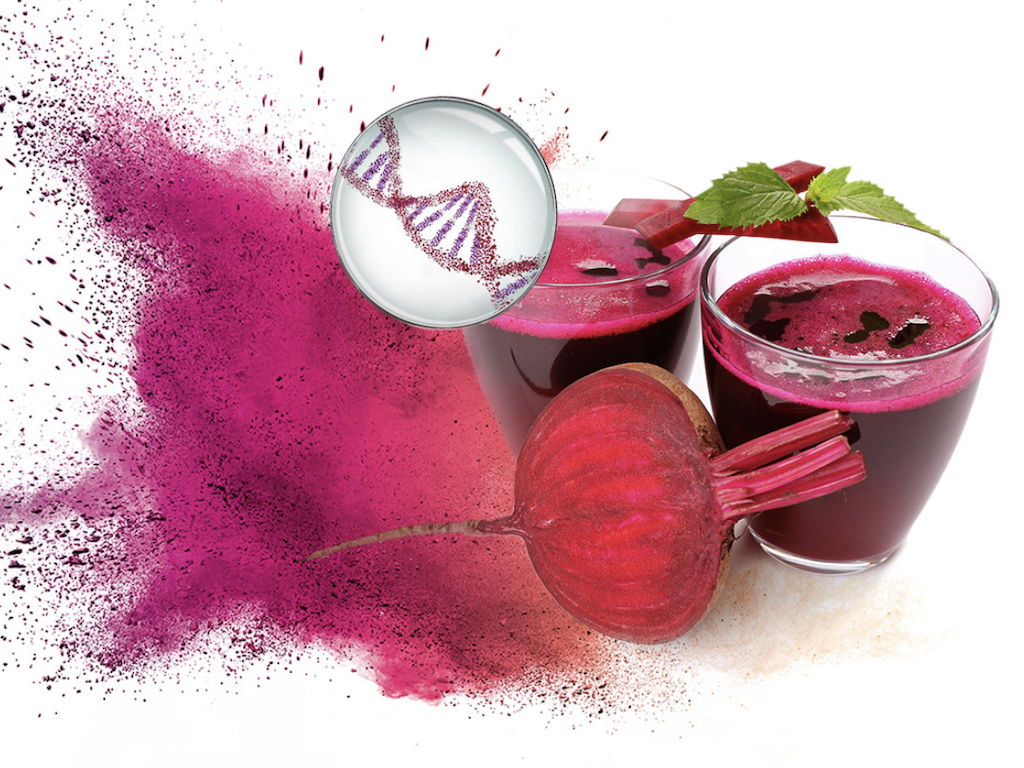3 Mins Read
Phytolon, an Israel-based biotech startup, has announced the closing of a US$4.1 million funding round for its fermentation-based technology for the production of plant-based food colours. As the demand for healthier and sustainable foods continues to grow, the company will use the funding to scale-up and commercialise its products to close the gap in the market when it comes to reliable, high-quality and cost-efficient natural food colourants.
The funding round saw participation from Millennium Food-Tech, European food innovation initiative EIT Food, Consensus Business Group (CBG), Israel-Singapore-based investors The Trendlines Group, the Israel Innovation Authority, and angel investment from Yossi Ackerman, the former president and CEO of global defence electronics firm Elbit Systems.
This round will enable us to reach the market with our healthy and sustainable food colors that offer a high quality and cost-efficient solution to the food industry…The new round will also promote our collaborations with our potential clients, with whom we have been in communications during the past year and a half.
Dr. Halim Jubran, CEO of Phytolon
Phytolon says that it will be using the US$4.1 million capital injection to bring its good-for-you and sustainable natural food colourant line to market in order to replace the synthetics that are currently in use, which may have adverse health impacts, as well as forge new partnerships with companies.
“This round will enable us to reach the market with our healthy and sustainable food colors that offer a high quality and cost-efficient solution to the food industry,” said Dr. Halim Jubran, CEO of Phytolon. “The new round will also promote our collaborations with our potential clients, with whom we have been in communications during the past year and a half.”
Read: 8 things you need to know about fermentation in alt protein
Founded in 2018, the firm leverages proprietary, fermentation-based technology born out of research from the Weizmann Institute of Science to produce plant-based natural food colourants in baker’s yeast, which has the potential to disrupt the wider global food colour market worth US$2.85 billion. Currently, Phytolon is conducting proof-of-concept experiments of their product’s performance at the production lines of major food industry players.
For us, technologies that make food more natural and healthier are innovations that change the world of food and beverages. It is clear to us that consumers are looking for products with more natural and healthier ingredients and are even willing to pay a premium for them.
Chanan Schneider, CEO of Millennium Food-Tech
“Phytolon’s product is a step forward towards reducing the segment of synthetic chemistry and increasing sustainability of natural resources for the food industry,” said Professor Asaph Aharoni from the Weizmann Institute of Science and a key inventor of the technology the firm uses.
“For us, technologies that make food more natural and healthier are innovations that change the world of food and beverages. It is clear to us that consumers are looking for products with more natural and healthier ingredients and are even willing to pay a premium for them,” said Chanan Schneider, CEO of Millennium Food-Tech.
In recent months, particularly since the coronavirus pandemic struck, consumers around the world have been increasingly aware of the health, sustainability and nutrition of their food choices. Around the world, shoppers have been purchasing more plant-based meat alternatives and turning to organic fresh produce.
“Phytolon brings a patented solution, perfect for the food color sector, and has garnered a lot of interest in its technology and products,” added Schneider.
Lead image courtesy of Phytolon.




